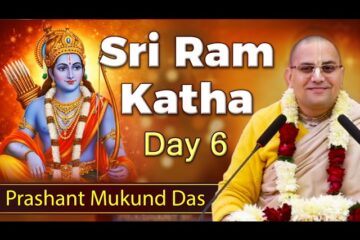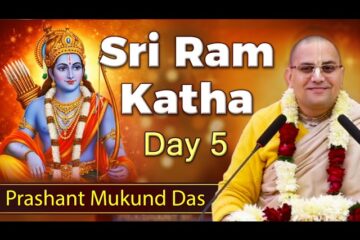Based on Bhagavad Gita Chapter 07, Text 23
Some people ask Krishna devotees, “When the Vedic culture includes the worship of so many gods, why are you a Krishna fanatic?”
Because Krishna devotees simply follow the Gita, which, it is important to note, teaches not fanaticism but fanatical focus.
The Gita (07.23) recognizes the existence of many gods and also acknowledges that their worship produces results. By accepting the reality and the efficacy of various paths, the Gita steers clear of fanaticism. Nonetheless, it concludes (18.66) by unambiguously recommending worship of Krishna alone. Why? Because Gita wisdom explains that Krishna alone is eternal as he is the Supreme Person residing in the imperishable spiritual world. In contrast, the demigods are temporary as they are administrators of various cosmic utilities in the perishable material world.
Consequently, worshipping Krishna yields the eternal result of residence in his everlasting abode, whereas worshipping demigods yields temporary material results that cannot free the worshiper from the cycle of birth and death. So, the same Gita verse (7.23) that acknowledges demigod worship deems demigod worshipers as alpa-medhasah, deficient in philosophical insight.
















































































